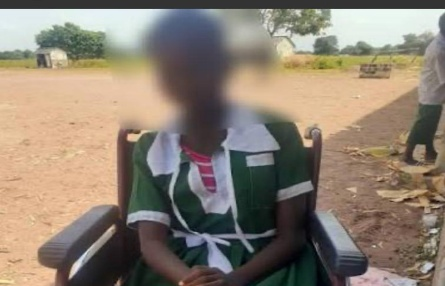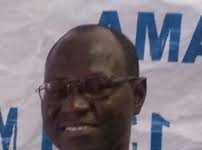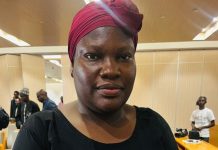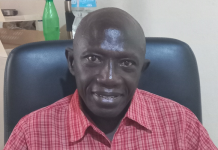By Lamin Fatty
In classrooms across rural Gambia, many desks remain empty — not because children are unwilling to learn, but because disability still keeps too many of them out of school.
A visit to schools in the Central River and Upper River Regions reveals the reality: children with disabilities are more likely to be out of school than any other group. Where they are enrolled, support is often limited, with teachers and parents struggling against systemic barriers.
The Gambia’s Persons with Disabilities Act guarantees access to education for all, while the Ministry of Basic and Secondary Education (MoBSE) has adopted an “inclusive and access education” policy. Yet, implementation remains weak.
At Koba Kunda Upper and Senior Secondary School, Vice Principal Mr Jabang admitted that his two special needs students receive no dedicated support. “There are no special needs teachers in this school,” he said. “Even the itinerant teachers attached to the region are not visiting frequently.”
For many children, physical access is the first hurdle. Only schools built with support from international partners such as MRC-Holland have ramps for wheelchair users. “It should not stop at classrooms,” said Mohammed Krubally, chairman of the Gambia Federation of the Disabled. “Toilets, doors, and seating must also be adapted. Without funding, none of this will happen.”
The human toll of these gaps is clear. In Basse Kabakama, the Camara family cares for their son, Mamudou, who is living with a disability. “Having a child with a disability is when poverty knocks on your door,” the family said, describing both the social stigma and financial strain of supporting him without adequate state assistance.
Teachers too face challenges. At Armitage Upper and Senior Secondary School, Principal Saikouna Sibi explained that his cluster of 15 schools relies on a single itinerant special needs teacher. “The teacher only visits occasionally, often during exams to help transcribe papers,” he said. “There are no ramps, no trained staff, and no materials for children who are hard of hearing or visually impaired.”
Advocates stress that these failures risk a generation being excluded not only from education, but also from future employment. Ebrima Njie, director of the Rural Support Organisation of the Disabled, said: “For most children, the debate is about the quality of education. For children with disabilities, we are still at the point of ensuring basic access.”
The 2021 Persons with Disabilities Act was meant to change that. It provides a legal guarantee of inclusive education, allowing families and civil society to hold authorities accountable. But three years on, progress is slow. Krubally says one key reason is that the Ministry of Gender, Children and Social Welfare has yet to issue the regulations needed to enforce the law.
MoBSE points to steps it has taken. Through its RISE Project, supported by the World Bank, the ministry has trained 20 new itinerant teachers at the University of Education, The Gambia. Officials say the training will allow them to identify impairments early, provide specialized instruction, and connect families to rehabilitation services.
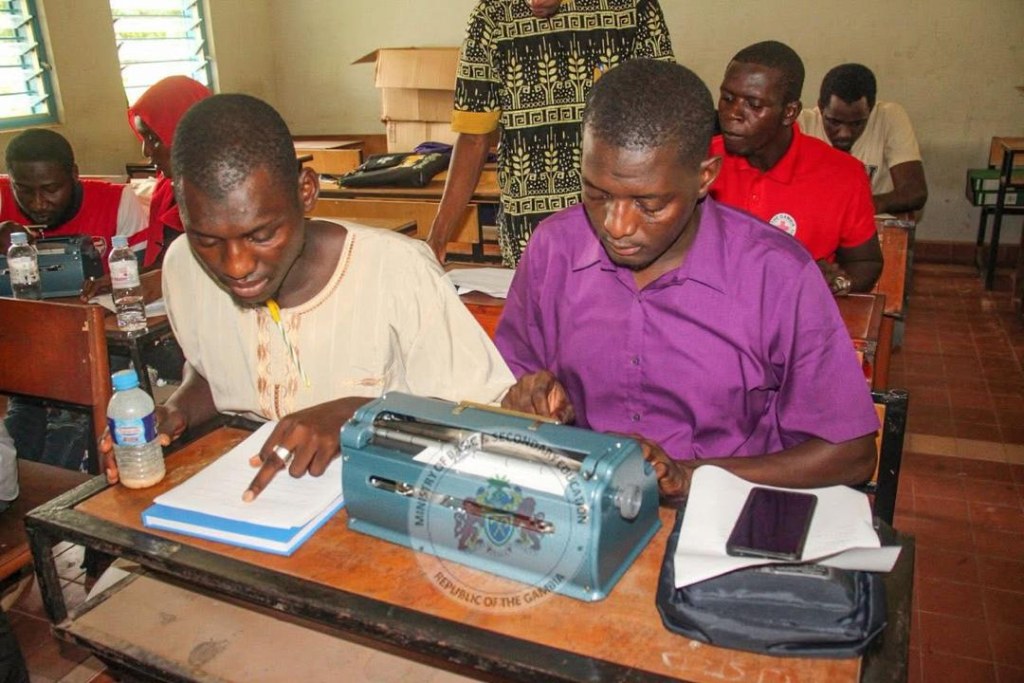
But for families like the Camaras, change cannot come fast enough. Without stronger government funding and enforcement, inclusive education risks remaining a policy on paper rather than a reality in classrooms.
As Krubally of the Disabled Federation put it: “Education for all must mean just that. Children with disabilities cannot continue to be left behind.”













